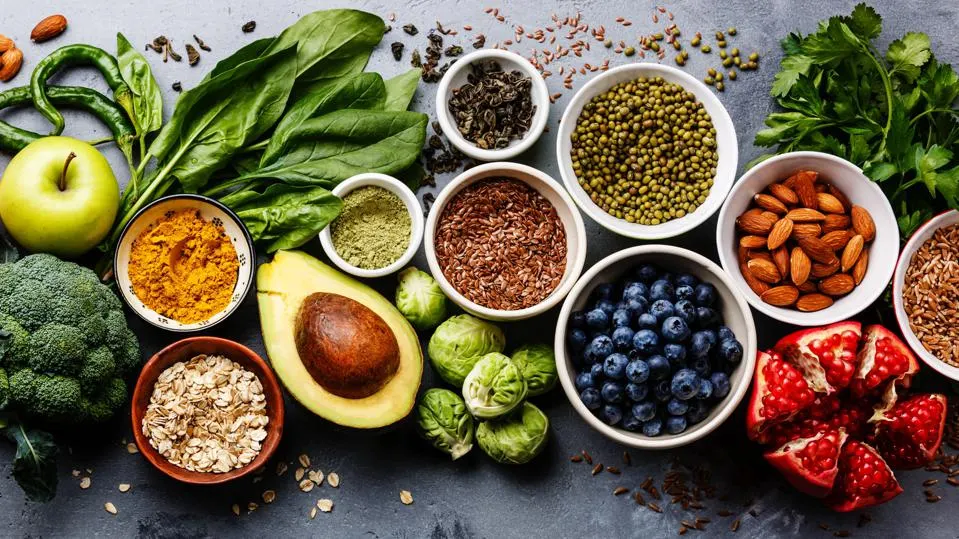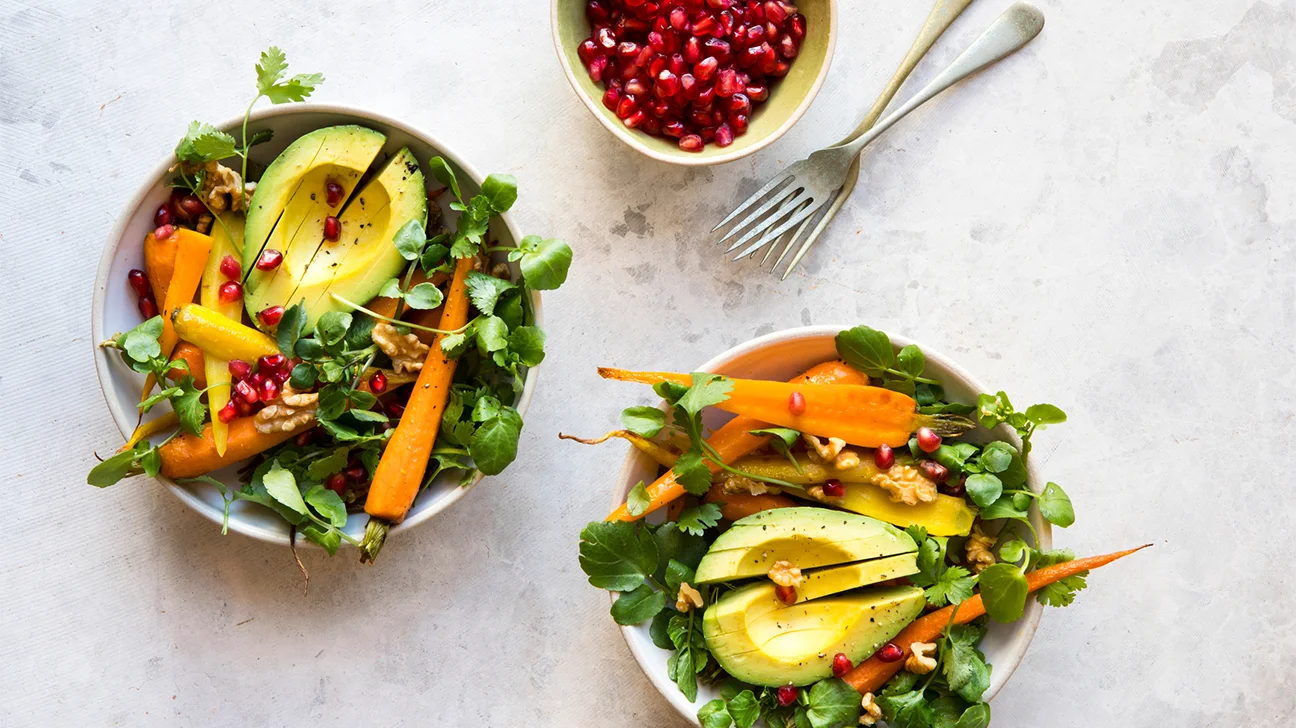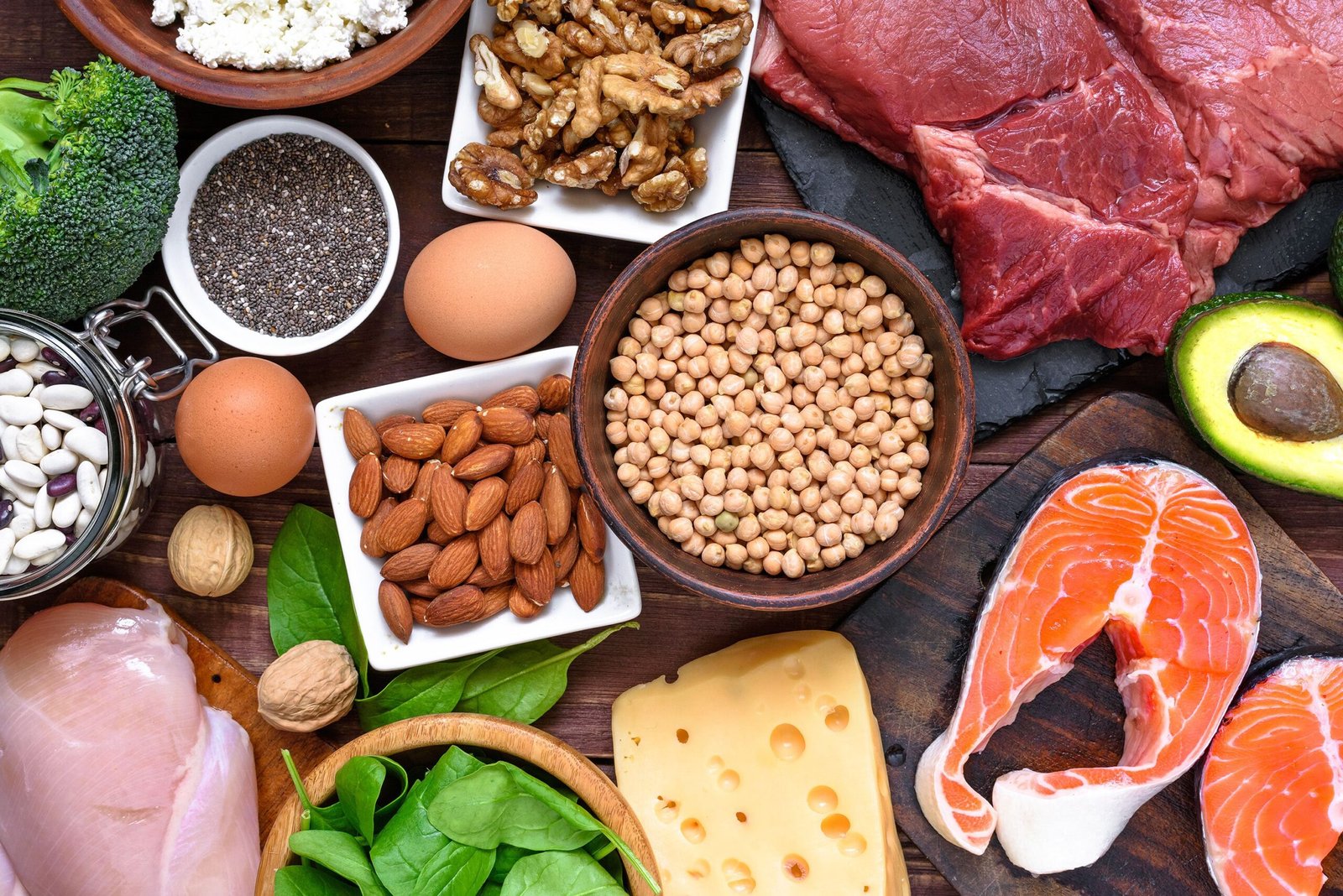A heart healthy diet after the age of 50 is crucial to maintaining cardiovascular health and preventing disease. According to the Cleveland Clinic, focusing on plant-based proteins, whole grains, and healthy fats can significantly improve heart health. Foods rich in fiber, like fruits, vegetables, and legumes, help lower cholesterol and manage blood sugar, while limiting saturated and trans fats can reduce the risk of heart disease.
Table of Contents
As we get older, taking care of our hearts becomes even more important. For people over 50, what you eat is a very important part of staying healthy and preventing heart disease. Creating a heart-healthy diet may seem difficult, but with the right information and tips, it can be a manageable and satisfying task. Here’s your complete plan for eating a heart-healthy diet after 50.
After age 50, the risk of heart disease increases due to factors such as aging of the blood vessels, decreased physical activity and possible weight gain. It’s important to understand that heart health means more than just avoiding unhealthy foods. It’s also important to eat nutritious, heart-healthy foods.
1. Eat Nutritious Food
Nutrient-rich foods contain high amounts of vitamins, minerals and other important nutrients in relation to the calories they contain. Fruits, vegetables, whole grains, lean proteins and healthy fats are some of these foods. Adding these to your diet can have a significant impact on your heart health.
2. Fresh Vegetables and Fruits
Fruits and vegetables are packed with vitamins, minerals and fiber, all of which are good for your heart. Try to fill half your plate with fruits and vegetables at each meal. Dark leafy greens, berries, oranges and peppers are especially good for you because they contain high amounts of antioxidants. Antioxidants help reduce inflammation and oxidative stress in the body.

3. Whole Grain
Whole grains, such as oats, brown rice, quinoa and whole wheat, are great sources of fiber and other nutrients that help control cholesterol and blood pressure levels. Switching from refined grains to whole grains can significantly reduce your risk of heart disease.
4. Eat More Lean Protein
Protein is important for staying healthy and building muscle, especially as you get older. Choose lean protein sources such as beans, chicken, fish and other vegetables. Fatty fish such as salmon, mackerel and sardines are especially good for you because they are rich in omega-3 fatty acids. These acids lower cholesterol levels and inflammation, reducing the risk of heart disease.
5. Healthy Fats are Very Important
There are different types of fat. Healthy fats can be found in avocados, nuts, seeds and olive oil. These fats can help lower bad cholesterol and make your heart healthier. But it’s important to stay away from trans fats and limit heavy fats, which put you at greater risk for heart disease.
6. Fruits and Nuts
Nuts and avocados contain high amounts of monounsaturated fats, which can help lower bad cholesterol. Consuming the right amounts of these substances in your diet can help keep your heart healthy.
7. Olive Oil
Extra virgin olive oil in particular is an important part of the Mediterranean diet because of its heart-healthy benefits. It contains large amounts of vitamins and monounsaturated fats, which are good for your heart.

8. Reduce Sugar Intake
Reducing sugar intake is essential for heart health, particularly after the age of 50. High sugar consumption is linked to increased risks of obesity, type 2 diabetes, and heart disease, all of which can contribute to poor cardiovascular health. According to the American Heart Association, added sugars can increase levels of triglycerides and harmful LDL cholesterol, while also promoting inflammation in the body.
9. Reduce Salt Intake
If you want to reduce your salt intake, avoid processed and packaged foods, which often contain high amounts of sodium. When you cook at home, you can control the amount of salt in your food. Use herbs and spices instead of salt to make your food taste better.
10. Stay Away From Added Sugars
By reducing your sugar intake, you help manage weight, lower blood pressure, and improve overall heart function. It’s especially important to limit sugary drinks, processed foods, and sweets, replacing them with whole, nutrient-dense foods that support a healthier heart.
11. Drinking Water
An important part of a heart-healthy diet that is often overlooked is staying hydrated. Large amounts of water keep blood flow steady and allow the heart to pump blood more efficiently. At least eight glasses of water a day is a good goal. Drinking too much alcohol or coffee can also lead to dehydration.

12. Monitor Your Calorie Intake
As you get older, your metabolism slows down. To prevent weight gain and subsequent risk of heart disease, watch your portion sizes and calorie intake. Pay attention to portion sizes and eat smaller meals more often throughout the day to avoid overeating.
Conclusion
Maintaining a heart-healthy diet after age 50 means making choices that are evidence-based and lasting. These choices will also improve your overall health. By focusing on nutrient-dense foods, eating lean meats and healthy fats, drinking plenty of water, limiting salt and added sugar intake, and exercising regularly, you can improve your heart health and create a healthier, more active lifestyle. live a life. Remember that you can start taking care of your heart at any time.
Disclaimer: The content in this article is based on my personal experiences and is intended for informational purposes only. I am not a doctor or medical professional. Always consult with a healthcare provider before making any changes to your exercise routine or lifestyle, especially if you have any health concerns or conditions.
My mission is to celebrate the wisdom, resilience, and vitality of women as they navigate menopause, embrace life’s transitions, and step confidently into the next phase. Whether you’re exploring ways to stay fit, looking for health tips to prevent common issues, seeking inspiration for a fulfilling lifestyle, or simply wanting guidance on diet, I’ve got you covered.
Dive into our articles on fitness, health, lifestyle, nutrition and more to find the support and insights you need!



